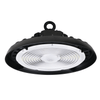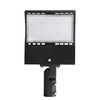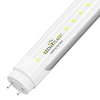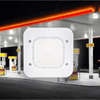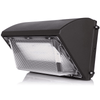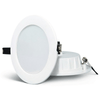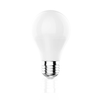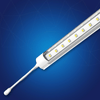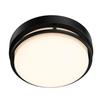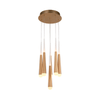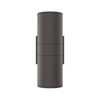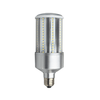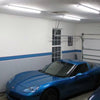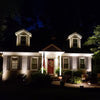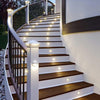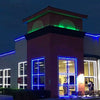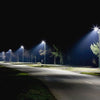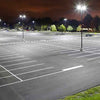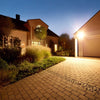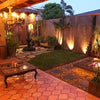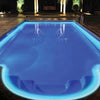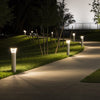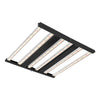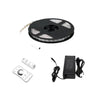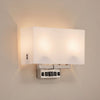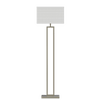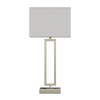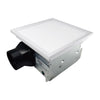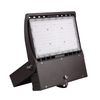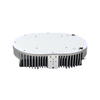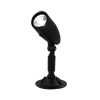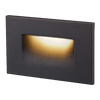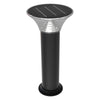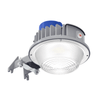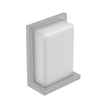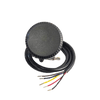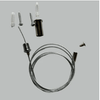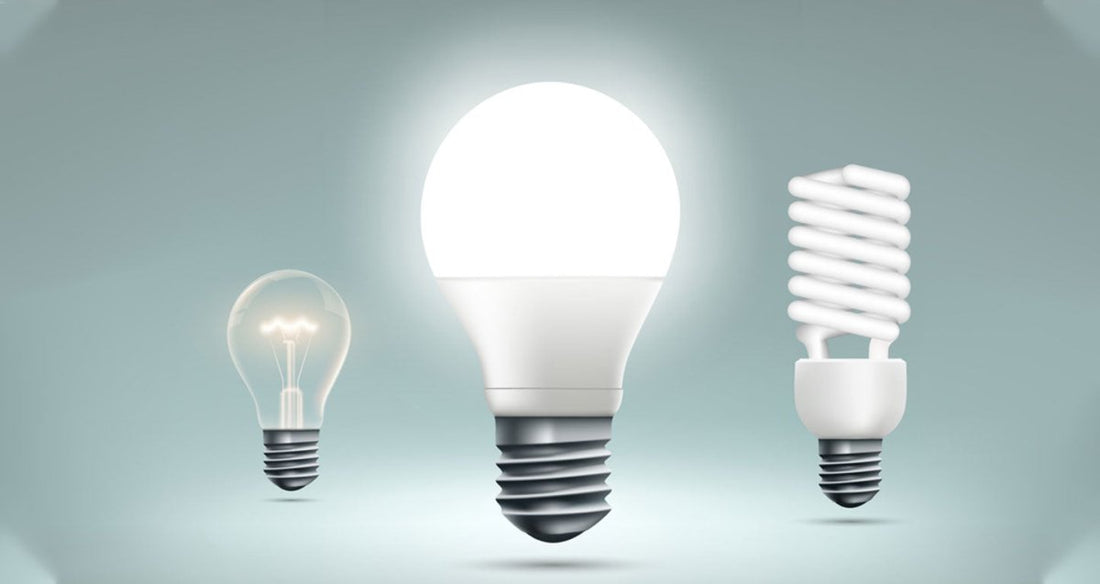You might have noticed a few decades ago, when LED lights were not introduced, lights were basically chosen based on their wattage. If people wanted a dim brightness, they opted for bulbs with lower wattage, and if they wanted a bright premise, they preferred the other way around. This was their rough idea on wattage. However, it is not entirely correct and will surely work with LED lights. As a matter of fact, we don’t seem to focus on Lumens which plays an essential role.
What exactly is Lumens, and what is its role? You will get to know about it in this blog. Here, we will introduce you to a chart that will help you convert Lumens to Watts in your LED light fixtures. Also, why choosing an appropriate LED bulb is a must.
This is basically related to 3 basic factors. Each factor is responsible for making you understand LED bulls and the respective roles of Watts and Lumens.
#1 What is Watts?
A unit that shows how much energy is consumed by a light source is known as Watts. If you have paid attention to your power consumption bills, you will find out that the amount on the bills is measured by how many units of energy we have consumed. The more Watts one uses, the more electricity one consumes. For quite some time, we used incandescent bulbs as a source of light. For instance, using 60 Watt incandescent bulbs was pretty common at that time, and it consumed 60 Watt energy. However, this is not applicable today as we are supposed to focus more on Lumens than on Watts. Doing this is quite essential to go with the most appropriate lighting option.
#2 What is Lumens?
A unit that is used to measure the visible energy is known as Lumens. The brightness of the light depends on Lumens because if the Lumens are high, the brightness of the light will be high as well. If you ever talk to a salesperson regarding a light, always focus on its Lumens as it directly impacts the light’s illumination. If you focus on the pack of LED bulbs, you can witness Lumens mentioned somewhere in the front. Instead of focusing on Watts, you must focus on the Lumens. This might take time, but if you consider it, this will come in handy for the best.
#3 What is Efficacy? (Lumens/Watt)
To measurement that is used to measure the energy efficiency of an LED light fixture via the Lumens per Watt formula is called the Luminous efficacy of that LED fixture. With that formula, you can estimate how to convert watts into Lumens or energy into light. LED light fixtures seem to have a luminous efficacy of 70-110 lumens/watt, which is way more than what incandescent bulbs used to have. Therefore, LED fixtures are supposedly more promising than incandescent bulbs for producing visible light.
Although, luminous efficacy is not certain in every LED light. This data can vary depending on the manufacturer and what type of LED fixtures you are going with. Therefore, ensuring all the necessary factors like Watt, Lumens, and Efficacy prior to buying LED lights will be an excellent thing to do. You can do that by checking the packs of your LED fixtures. This can be quite helpful.
The pack usually contains integral information such as Wattage, Lumens, Wattage equivalency, Voltage, and some other things about the LED lights. Furthermore, if you want to find out whether you are opting for energy-efficient LED light fixtures, you must check for their wattage replacement value.
Moving on, here is the chart showing the conversion of Lumens to Watts. The chart also shows a fair Wattage comparison between LED lights, halogen bulbs, and incandescent bulbs based on a similar unit of Lumens.



